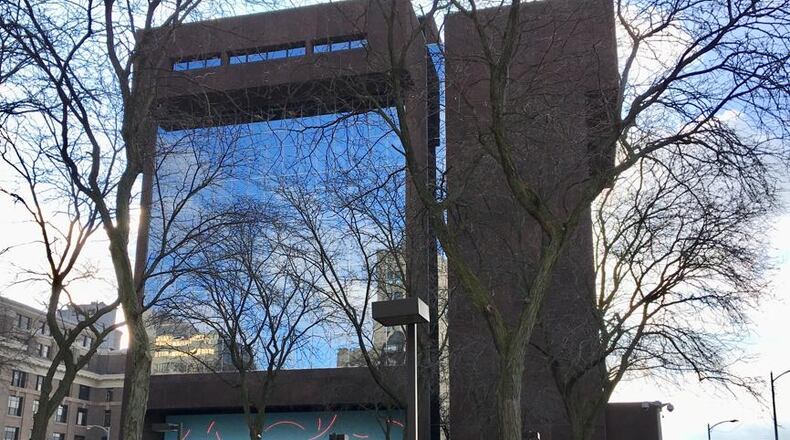RELATED: Federal court in Dayton open during shutdown; some working without pay
“As far as after that is concerned, there’s nothing certain,” Rice said. “The government, the Justice Department, will run out of money. We won’t have money to pay jurors, to pay witness fees, to pay grand jurors. And I know there’s a great deal of uncertainty at the U.S. Attorney’s office and in federal law enforcement.
“Investigations, I understand, are slowing down — the hope being is that they’ll not be compromised, but they’re slowing down because of the budgetary concerns.”
A spokesman for the Cincinnati FBI office didn’t return a message seeking comment, but a recent report from the FBI Agents Association said the shutdown has hampered investigations involving violent crime, terrorism and other offenses.
MORE: Read other stories from Mark Gokavi
Southern District of Ohio Chief Judge Edmund Sargus Jr. said civil trials are likely to be continued, though Rice (like all judges) would have some discretion.
“It’s reached the point where it’s starting to bite,” said Rice, saying it would be hard to summon jurors and not pay them for longer than the lag that already exists. “Well, unless can get some very public-spirited jurors who will work for nothing.”
Sargus said court staff is in much better shape than U.S. attorneys, federal public defenders, U.S. marshals and other law enforcement agencies — who are working without paychecks, short-staffed or both.
SOCIAL MEDIA: Follow Mark Gokavi on Twitter or Facebook
Sargus said grand jurors are empanelled in groups of 23 and that 16 are needed for a quorum for work one day per week for a year. The judge said he’ll talk to his grand jury and ask if at least 16 can continue without pay for now. Jury trials are different, the judge said.
“I don’t want anybody, any juror being put into financial hardship because we can’t pay them,” Sargus said. “I think all the judges are assuming the civil trials are going to end while we’re in this status.”
Sargus said the courts already have stopped new hires and any discretionary spending and that jurors wouldn't be paid after Feb. 1 unless the shutdown ends soon. A federal court website says funds are available until Jan. 31.
“It’s a moving target,” Sargus said. “So we’ll have more consequence every week it goes by.”
About the Author
